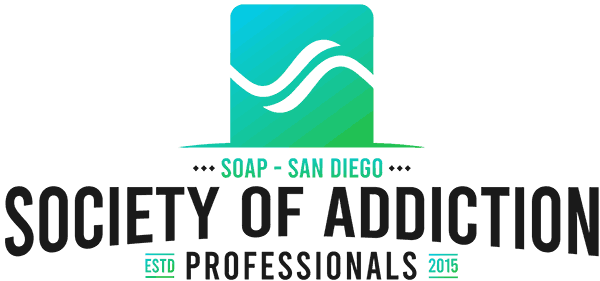In recovery, it’s essential to take care of yourself. At the same time, as you gather more experience staying clean and sober, you’ll start to build a support network. Being a member of a support network is important. That means that you should show up for others, too, when they need it.
Helping People is Giving Back
Do you help people altruistically in recovery? Altruism means that you’re helping somebody and don’t expect something in return. This is usually a difficult thing in life, but it’s something to aim for in recovery. Many people are used to being in dysfunction relationships, where everyone expects things from each other. But when you help somebody without expecting anything back, you usually end up feeling good about it anyway v
Helping others isn’t as hard as it sounds. You will get something out of it, however, so helping others is never wholly altruistic. You’ll probably discover that helping somebody you care about feels good and helps build your self-esteem.
How to Help Others in Recovery
You can help other people in recovery without sacrificing your own. Here are some easy ways to help others in recovery:
- Reach out to say hello or check on somebody. Even people who have been sober longer than you will appreciate it if you reach out to see how they are doing.
- Listen to others when they’re talking, ask questions, and don’t interrupt! Most people need somebody who they can talk to without judging them.
- Practice empathy. Genuinely caring about somebody else means that you try to understand what they’re going through. Compare emotions, not situations.
- Invite friends out with you. Maybe you want to go to a movie or go surfing. Inviting others to go with you is a surefire way to make friends.
- Be caring. Try to help brighten a friend’s day. Bring somebody a cookie or a coffee to show you’re thinking of them. Be compassionate when they’re going through a hard time.
Being supportive isn’t tricky, but it may take some time for you to realize that being in recovery is about caring for others, too, not just yourself. Being an active member of a support network means that you have people to turn to you, and they can turn to you as well.
If somebody wants to use or drink, you’re not responsible for saving them. Ask somebody with several years sober to speak with them if it is dangerous. They will probably have some answers as to what to do. Don’t put yourself in any precarious situations. You sobriety is more important than trying to save anyone. (You’re powerless over them, remember that!)
Networking in Recovery
Many people find that networking in recovery is easier once they’ve been around for a while. There are also ways for professionals within the addiction recovery industry can meet and share their experiences. Search our website to learn more about our meetings and how you can network.

